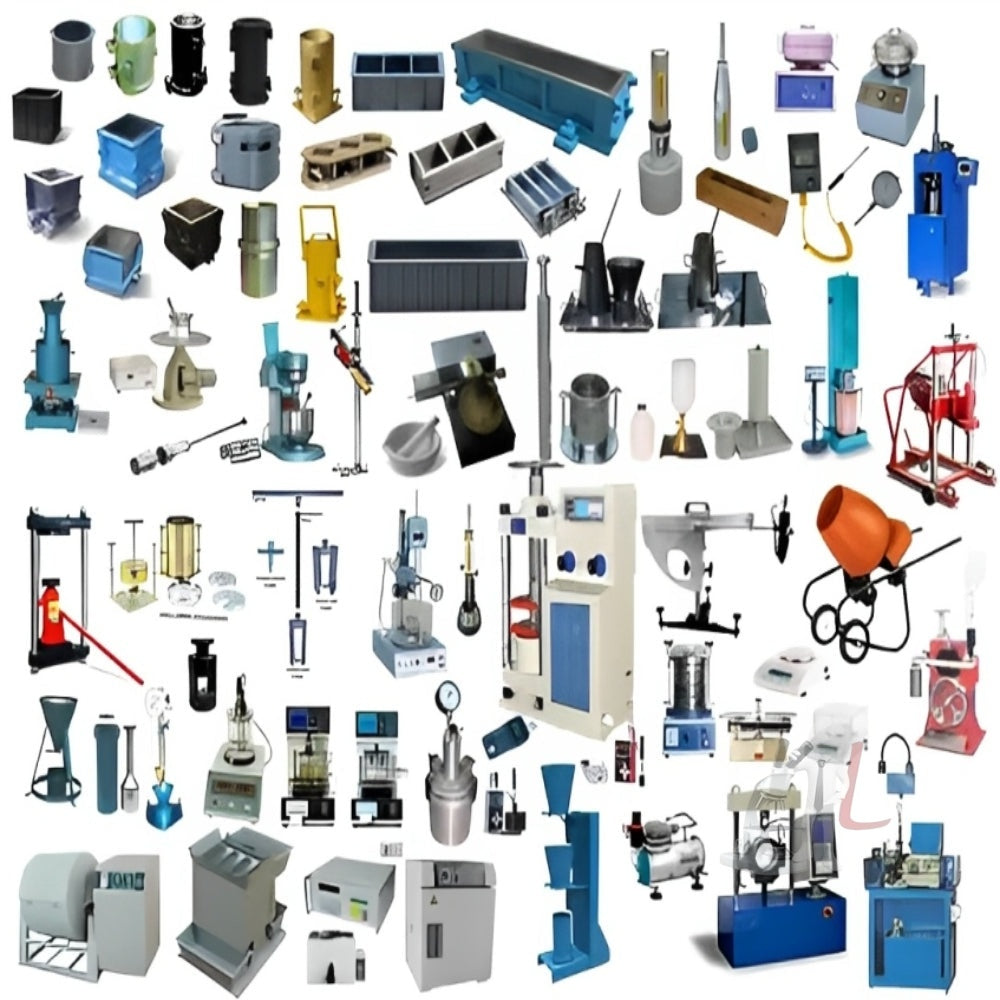Soil Testing Instruments
Soil testing instruments are essential tools used to assess the properties and quality of soil. These instruments help farmers, agronomists, and researchers to obtain precise data about soil composition and health, which is crucial for efficient land management and sustainable agriculture. The analysis of soil plays a vital role in determining the appropriate crops to grow, understanding nutrient availability, and ensuring the environmental impact of farming practices is minimized.
In a world where agricultural productivity is paramount, the need for accurate soil analysis cannot be understated. Soil testing instruments provide valuable insights into the physical and chemical characteristics of the soil, thereby guiding farmers to develop better management practices. These instruments are designed to measure various parameters, including pH, moisture content, nutrient levels, and soil compaction. Each of these factors significantly influences crop yield and sustainability.
The modern soil testing instruments vary widely in design and functionality. Portable soil testers, for instance, are compact and user-friendly devices that allow for quick assessments directly in the field. They often combine multiple measuring capabilities, such as pH and moisture readings, into a single device, which is ideal for immediate decisions in the field. More sophisticated laboratory equipment, on the other hand, is used for detailed soil analysis and often involves chemical processes to determine nutrient content and contaminants.
Understanding the various soil properties is crucial for optimizing cropping systems. Soil texture, for example, affects water retention and nutrient availability, and soil testing instruments help define this texture by measuring the proportions of sand, silt, and clay present in the soil. Additionally, soil structure, which refers to the arrangement of soil particles, can also be analyzed using these instruments to assess the soil's ability to support plant life.
Organic matter content is another key aspect assessed through soil testing instruments. High levels of organic matter improve soil structure, moisture retention, and nutrient supply, making it essential to know the organic matter percentage for effective soil management. Various soil testing tools are available to analyze organic matter percentage through different methods, including loss-on-ignition techniques and chemical assays.
The significance of understanding soil pH cannot be overlooked. Soil pH affects nutrient availability and microbial activity within the soil ecosystem. Soil testing instruments specifically designed to measure pH offer valuable information to farmers about lime and fertilizer applications. A pH meter is a common instrument that provides precise and immediate pH readings, helping to maintain optimal growing conditions for crops.
In addition to these primary measurements, there are instruments available for specific assessments, such as soil moisture sensors. These sensors monitor moisture levels to ensure crops receive the right amount of water, thus preventing over or under-watering that can lead to crop damage. Soil conductivity meters are another specific tool used to determine the salinity levels of the soil, which is vital in regions prone to salinity issues.
Testing for contaminants is an increasingly crucial aspect of soil testing instruments, especially in urban environments or areas exposed to industrial activities. Heavy metals, such as lead or cadmium, can accumulate in soils and pose significant health risks. Specialized tests and instruments exist to evaluate these contaminants, enabling land managers to take corrective actions before planting crops.
As agriculture continues to evolve with technology, the integration of digital soil testing instruments is becoming more prevalent. These advanced technologies often include GPS capabilities, enabling precise mapping of soil characteristics across larger areas. Data collected can be analyzed using sophisticated software to develop detailed soil management plans tailored to specific fields or crops.
Investing in quality soil testing instruments is a critical step towards enhancing agricultural productivity and sustainability. By acquiring the right tools, farmers and agronomists can make informed decisions that benefit crop health, optimize resource use, and contribute to environmental conservation. Regular soil testing is recommended to ensure ongoing management practices adapt to changes in soil conditions.
In conclusion, soil testing instruments are invaluable in modern agriculture. They provide detailed insights into soil properties, which in turn guide decision-making in crop management. From portable field instruments to advanced laboratory tools, there is a wide range of devices available to suit different testing needs. By leveraging these instruments effectively, we can support sustainable agriculture, improve yields, and promote environmental health, ensuring future generations have the means to produce food sustainably.
Filter
Sort by

